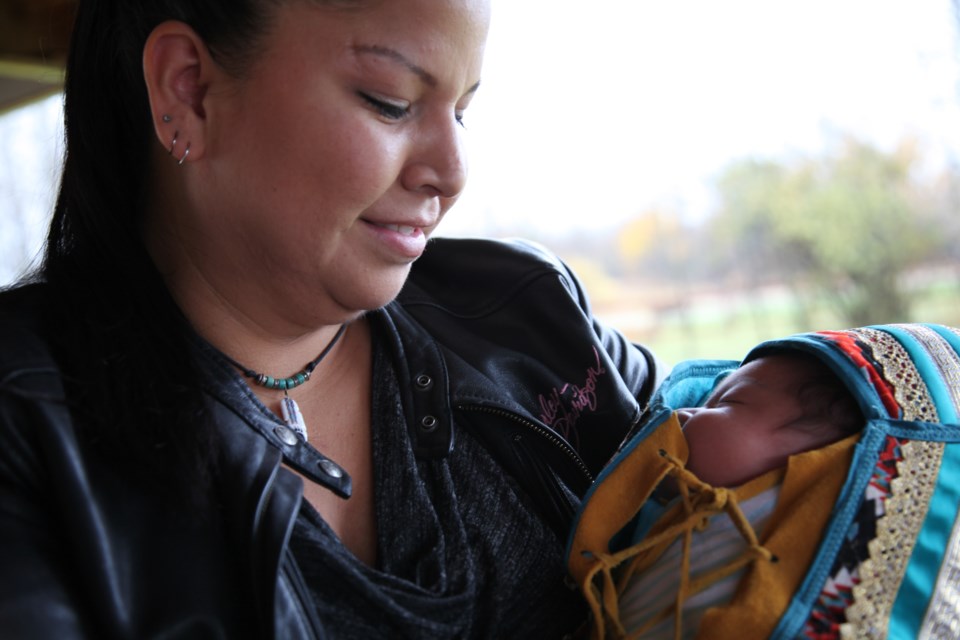THUNDER BAY – An Indigenous child wellbeing organization is using digital technology to preserve its unique service model during the COVID-19 pandemic.
Connection is at the heart of Tikinagan Child and Family Services’ unique service model, Mamow Obiki-ahwahsoowin, which means “everyone working together to raise our children.”
During the COVID-19 pandemic, as children’s social worlds shrink, maintaining those connections is more important than ever, said executive director Thelma Morris.
“We know that children and youth are interacting less with adults, so that is why it is so important we look to our service model,” she said. “Everyone needs to work together to take care of our children.
Tikinagan turned largely to technology to maintain connections with children in care as much as possible.
That has included launching a foster parent hotline with service in English, Oji-cree, and Ojibway, providing cell phones to youth in care, and increasing check-ins over the phone or virtually.
Communication with foster parents has actually increased during the pandemic, said Morris, with check-ins by phone or video conference at least once per week.
“Support through ongoing communication for children, families, and foster parents has been essential during this time,” Morris said. “And it’s made a difference.”
Many child protection agencies across the province and the country have reported lower numbers of child wellbeing concerns during the pandemic, Morris added, but Tikinagan’s service levels remained steady.
The agency has worked to minimize in-person contact as much as possible during COVID-19. In-person contact with clients is limited to urgent child protection matters.
However, families can still seek support through the 24/7 phone line at 1-800-465-3624.
When in-person support is necessary, Tikinagan works to ensure families have sufficient PPE and workers are following all COVID-19 precautions, which can vary by community.
Tikinagan provides culturally appropriate care for First Nations children, the model emphasizes broad circles of family support, connection with elders, and hiring workers from local communities.
“Protecting children and supporting families at a time like this takes a community effort,” said Morris. “By coming together, in spirit and not in-person, we are making a difference.”



